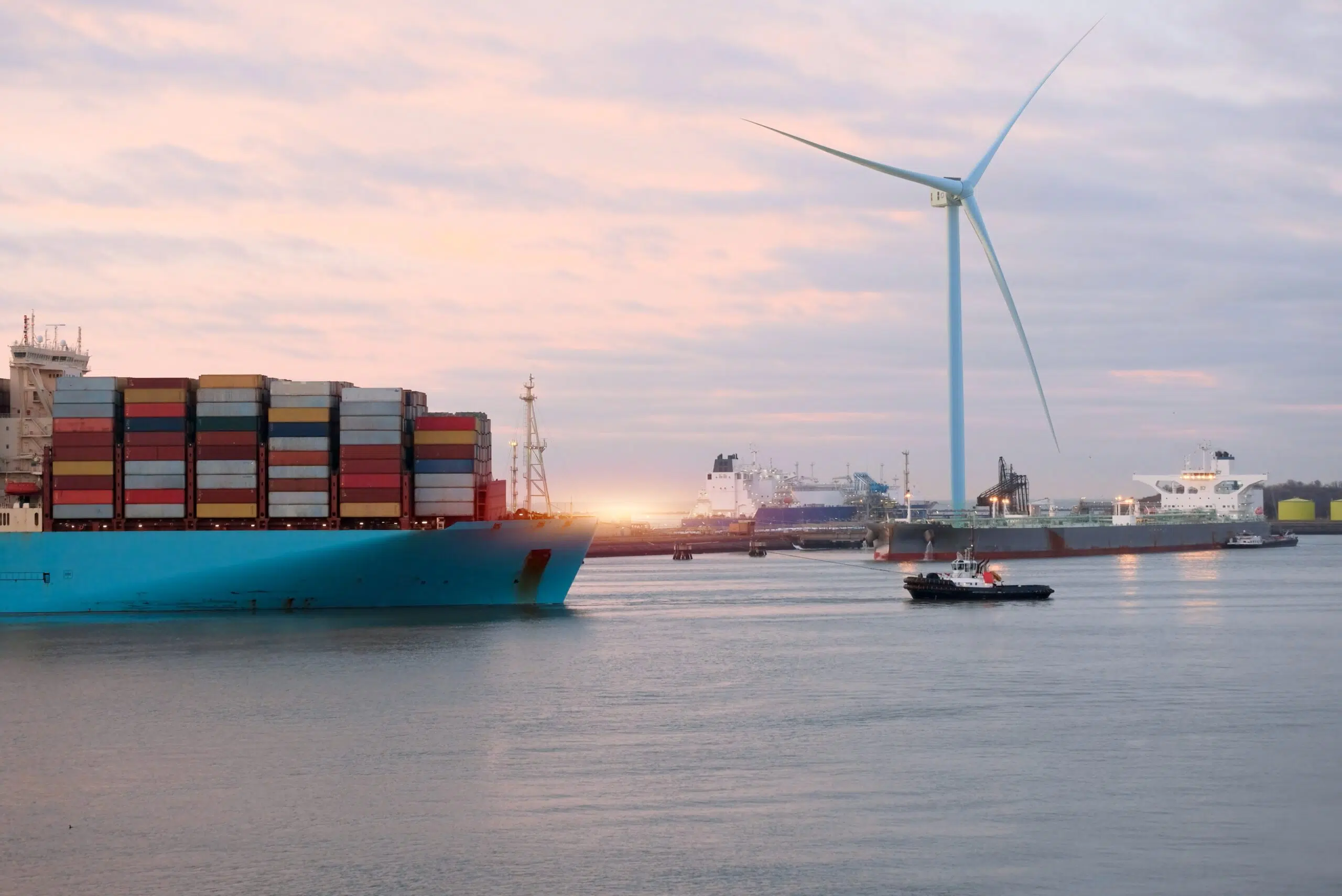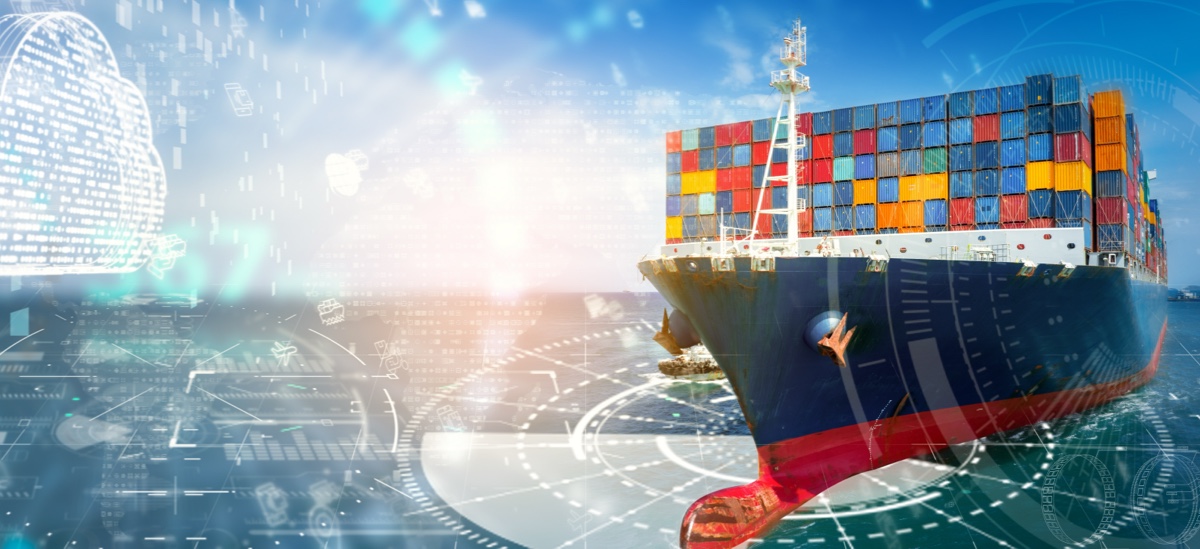The maritime industry is in crucial need to optimize fuel consumption and transition toward more fuel-efficient operations. First and foremost, fuel consumption has direct environmental consequences. Navigating at sea with optimized fuel consumption reduces carbon emissions and harmful pollutants, helping the shipping industry come closer to meeting the IMO’s 2050 net-zero strategy. Significant fuel efficiency adheres to warnings detailed in a 2024 report by the Sea Cargo Charter (SCC), which states that with global sea trade expected to quadruple by 2050, urgent actions are needed to curb unnecessary emissions and reach annual climate targets.
Fuel costs are another issue of significance. The proportion of fuel costs in the operating costs of ships can range from around 35% of the freight rate of a small tanker to around 53% for container/bulk vessels. Reducing fuel consumption without impacting key performance parameters can create significant savings and increase vessel operators’ profitability – especially when conducted in a systematic fashion and across entire fleets.
Addressing the maritime fuel consumption challenge
The shipping industry has started addressing the environmental impact of energy efficiency – including fuel efficiency – mainly in the past decade. IMO is readily embracing innovation as part of its multi-faceted energy efficiency strategy, as exemplified in the EEDI index, EEXI system, and CII metric. From ship design and renewable energy to advanced engine and fuel characteristics, technology is being utilized to advance shipping fuel efficiency and reduce carbon emissions in a myriad of ways.
For example, improved hull design is recognized by IMO’s EEDI index as a reliable strategy for making ships more energy efficient, as certain designs – and even hull coatings – reduce the ship’s water resistance and hydrodynamic drag. Renewable energy is also gaining traction in the shipping industry, as wind energy is harnessed by cargo vessels on a large scale in an effort to cut emissions. Solar panels installed on container ships also have the ability to reduce fuel consumption by harnessing solar energy to directly power onboard electrical systems, lighting, and propulsion. Other technological methods that aim to reduce fuel consumption include propeller optimization and air lubrication systems – the latter of which generate air bubbles to decrease the ship’s water resistance. However, these approaches can be costly to implement and since they often require significant modifications to existing vessels, they are applicable mainly to newbuilds.
Better travel, less fuel: The AI edge
Joining the aforementioned fuel efficiency technologies is a relatively new and highly advanced solution: artificial intelligence. AI systems differ from other solutions due to their machine learning capabilities, which, after digesting and analyzing vast amounts of data, allow them to create algorithms with predictive qualities, which are geared towards solving issues before they materialize, quickly adapting to dynamic conditions.
In addition to their many benefits, AI-enhanced systems play a crucial role in reducing fuel consumption and improving operational efficiency. Fuel usage elevates when ships are forced to maneuver throughout their journeys due to unforeseen conditions, particularly in low visibility conditions, as well as when they abruptly accelerate and decelerate. By enabling crews to navigate with greater precision, AI systems can minimize the need for sudden maneuvers, which can significantly increase fuel consumption. AI’s foresight in detecting potential navigational hazards allows ship operators to navigate efficiently, minimizing unnecessary acceleration and deceleration, thereby reducing wear and tear on vessels and optimizing fuel costs.
Recent case studies highlight the multifaceted benefits of AI-based object detection systems, such as their ability to preemptively detect hazards and provide early warnings throughout the ship’s journey. For instance, a recent analysis conducted on 267 vessels equipped with Orca AI’s AI-based platform showed that a reduction in extreme maneuvers due to fewer close encounters led to optimized navigation routes with reduced travel distances, which translated to significant annual fuel savings of approximately $100,000 per vessel (3-5% savings).
Route optimization is yet another important yield supplied by AI systems, which can greatly reduce fuel consumption. Combining machine learning capacities, nautical data interpretation, and precise weather and traffic forecasting, predictive analytics can help ships make the most fuel-effective voyages based on a wide range of constantly changing nautical parameters. For example, when planning a voyage, average ships navigating at sea need to consider a wide variety of factors such as wind conditions, wave strength, projected traffic, and engine performance to determine their speed and fuel consumption rate. Robust AI technology can not only calculate these parameters in no time and with great precision but also offer real-time recommendations to keep fuel efficiency at an optimal rate at all times. These AI-based technologies reflect a welcome trend towards a more cost-effective and sustainable maritime future.
AI is fueling a wide industry change
AI’s impact on the shipping industry is immense and diverse. Staying on the topic of lower fuel consumption, AI helps optimize fleets’ fuel consumption by providing early warnings on potential navigational hazards and precise route planning based on real-time data like weather conditions and ship performance. Still, AI’s potential impact on the shipping industry is much greater. From safer voyages and reduced navigation errors to preventative maintenance and smart port planning, AI impacts the ship and its crew in a multitude of ways.
The ripple effects of AI advancements extend beyond the immediate benefits to vessel operations. They signify a transformative phase in maritime industry standards, where reliance on manual oversight gives way to a more automated, data-driven approach. This shift promises to deliver not only lower fuel costs, improved safety measures, and reduced carbon emissions but also sets a precedent for future innovations that prioritize environmental responsibility and operational excellence in global shipping practices.









